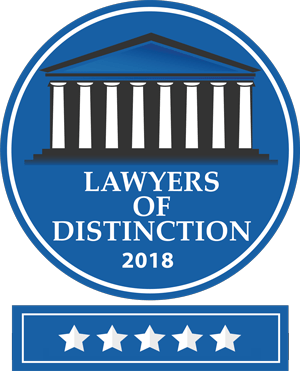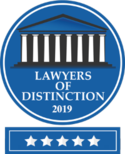Major revamp of workers comp gets pushback from labor, doctors
Sep 29, 2017An overhaul of the workers' compensation system is sparking criticism from labor advocates, who argue bureaucrats are trying to slash costs for businesses at the expense of people who were hurt on the job.
A set of proposed regulations released Sept. 1 by the New York State Workers Compensation Board is also being questioned by trial lawyers and leaders of the New York State Society of Orthopaedic Surgeons. Members of that medical group are often involved in evaluating the severity of workplace injuries.
The chorus of critics includes the New York State AFL-CIO, the state's largest union.
The grumbling this week prompted the Assembly Committee on Labor to delve into the concerns. Three managers of the Workers' Compensation Board were on the legislative hot seat for two hours, with lawmakers openly expressing skepticism about their insistence that the goal has been to embrace advancements in medical science.
"I don't see how the injured workers are benefiting at all" from the changes included in the draft plan, said Assemblyman Harry Bronson (D-Rochester).
SLANT DENIED
Bronson suggested the agency strayed from the marching orders that grew out of an April deal on the state budget.
He said the agency's mission was to come up with a better way to use independent medical examinations in determining compensation awards to workers and report its recommendations back to the State Legislature.
The state agency's executive director, Mary Beth Woods, vigorously denied that the revamping of compensation impairment guidelines was motivated to end up with a "a slant toward generating savings" for businesses that are required to pay into the system.
Bronson and other lawmakers reminded Woods and her colleagues that the workers' compensation system grew out of a century-old compromise in which workers forfeited their right to sue employers for negligence in return for the guarantee of getting compensation for work-related illnesses and injuries.
RISING COSTS
Businesses leaders have maintained for years that New York's compensation system is too expensive and hurts the state's ability to compete for industries.
In written testimony given to the legislative panel, Lev Ginsburg, director of governmental affairs for the New York State Business Council, said the cost of the state's compensation system grew to $10 billion in 2015, much of it borne by state and local governments.
One of the leading drivers for the spiraling costs, he said, has been payments to cover permanent work-place injuries, a category that cost employers more than $1.2 billion in 2015.
He also suggested the rules strike a balance between the interests of workers and their employers.
But Michael Neidl, legislative director for the AFL-CIO, decried what he said would be a "drastic benefit cut" resulting from the agency's latest proposal.
"Eliminating or reducing these awards would continue to whittle away workers' side of the grand bargain while maintaining employers' protection from personal-injury liability," Neidl said.
DOCTOR POWER
The draft regulations were also hit by the New York Committee for Occupational Safety, a pro-labor group.
Its associate director, Nadia Marin-Molina, said the rules, as proposed, would give company-assigned doctors "undue power" to suspend care for injured workers if the doctor decides the worker wasn't cooperative during questioning.
But Ginsburg said the barbs that union allies are firing at the proposals amount to "an onslaught of misinformation."
He said those filing compensation claims are never precluded from seeing their own doctor.
Ginsburg defended an effort to have the claimants sent to an independent medical examiner for a second opinion.
"This is done to prevent the prevalent practice of doctor shopping until a claimant finds a doctor that will give them the impairment numbers desired," he said.
NPUT DISPUTED
One bone of contention for lawmakers came after Woods suggested her agency got important input from the orthopedic doctors in designing the rules.
But the surgeons said they didn't recognize their suggestions in the latest version of the regulations.
"We would very much welcome a side-by-side comparison of the two documents," said Dr. John Olsewski, an orthopedic surgeon from the Bronx.
'MONEY GRAB'
Also coming out against the regulations were a Rochester law firm, Bronk & Somers, and Robert Grey, chairman of the Workers' Compensation Alliance and a Long Island lawyer who works on behalf of injured workers seeking compensation.
"This is simply a money grab by the Business Council and the carriers that is in no way reflective of advances in modern medicine," said lawyers Mark Somers and Daniel Bronk.
The Workers' Compensation Board is collecting public comments on the rules until Oct. 23.
A revised set of guidelines could be issued after those comments are reviewed.
The board is expected to adopt a final set of rules by Dec. 31.











